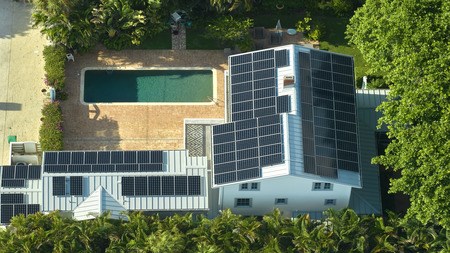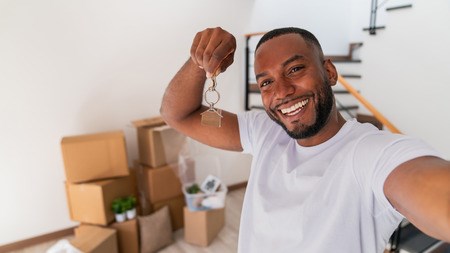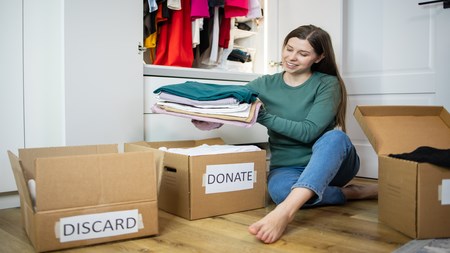Independence from the national grid is a serious consideration for homeowners who were caught off guard when the load shedding regime was re-implemented in February, after a 300-day hiatus. Worse still, in many regions, switching suburbs back on after a load shedding slot caused substation crashes that, in some cases, resulted in more than 24 hours without power.
Apart from the frustration caused by not knowing when the power would be back, whether officials are actually working on the problem, and losing battery life in mobiles, laptops, inverters and other necessary devices, the situation brings on extremely stressful emotions that can affect health and wellbeing.
Solar is the solution, but for many it appears out of reach, especially for those already struggling with the high cost of living. The forthcoming 12.7% increase in the electricity tariff is also viewed as too high, given that it is well above the current 3.2% inflation rate, further straining household budgets. These factors drive people towards alternative and sustainable power solutions, with solar considered one of the most effective.
Affordability
Before assuming that solar is too expensive, you need to consider whether you want to be completely independent from the national grid—which is a hefty investment—or use a grid-interactive system, which remains connected to the grid but switches to solar during electricity outages, whether from load shedding or general failures.
Also known as a grid-tied solar system, this setup provides energy when your solar panels receive enough sunlight and draws power from the grid when they don’t. A general rule of thumb is to expect a 30–50% reduction in the use of power from the national grid. This is the cheapest option, says a Nedbank blog, because it excludes the most expensive component in any solar power system—the batteries.
For this installation, six solar panels and an inverter (to convert the direct current from the panels into the alternating current used in your home) should be enough to produce the power you need during the day. This solution costs between R55,000 and R60,000, says the bank, but you'll be using less grid electricity during the day, so the cost will be offset to some extent by savings on your electricity bill.
A real advantage of a grid-tied system is that you can add batteries at any time, converting it into a hybrid model that further reduces your dependence on the national grid. If you have eight solar panels and two batteries, this could cost you between R115,000 and R120,000.
Going totally off-grid is not considered affordable—unless you have access to around a quarter of a million rand.
How to determine your solar needs
Follow these steps to determine the type of solar system that will work for you (ideally, a solar system provider will give you a more accurate indication): • Review the past year’s worth of electricity consumption and costs. • Work out your daily kWh energy requirements (e.g. 30 kWh). • Divide that figure by the number of peak sunlight hours your area experiences (e.g. five).
The formula:
If you use 30 kWh per day, and your area gets an average of five peak sun hours, you’ll need at least a 6 kW solar system.
How to fund
Once you’ve determined which solar system suits you, there are ways to fund it. Most banks offer solar installation finance packages—sometimes called an “energy loan.” You may or may not need a deposit, depending on how the deal is structured. Again, the cost of this loan may be offset by the savings you realise from not being entirely or partly dependent on the grid.
Another option is rent-to-own. Companies offering this deal assess your needs (from small to large systems) and allow you to pay over a specified period—usually around five years—after which you own the system. Sinetec is one such company. It presents three options: a 3.5 kW solar system starting at R1,540 per month; a 5 kW system from R1,595 per month; and an 8 kW system from R3,649 per month. These systems avoid up-front installation costs and are priced to your needs but do require you to be creditworthy.
If you live in an estate or complex—especially those with more than 50 units—your body corporate can consider a system that involves signing a Power Purchase Agreement (PPA) with a solar company. The company provides certain solar equipment for free, subject to a long-term leasing arrangement and a solar tariff. The estate only pays for the electricity produced.
Is now the time to buy?
Independent energy expert Mohammed Madhi says solar systems are cheaper than they were a year ago, and renewable electricity prices are now “cheaper than Eskom’s rates.” This will be even more evident once the 1 April 2025 Eskom increase takes effect. It’s a bit like having a baby—there’s never really a perfect time, but once you do it, your life changes, usually for the better.




